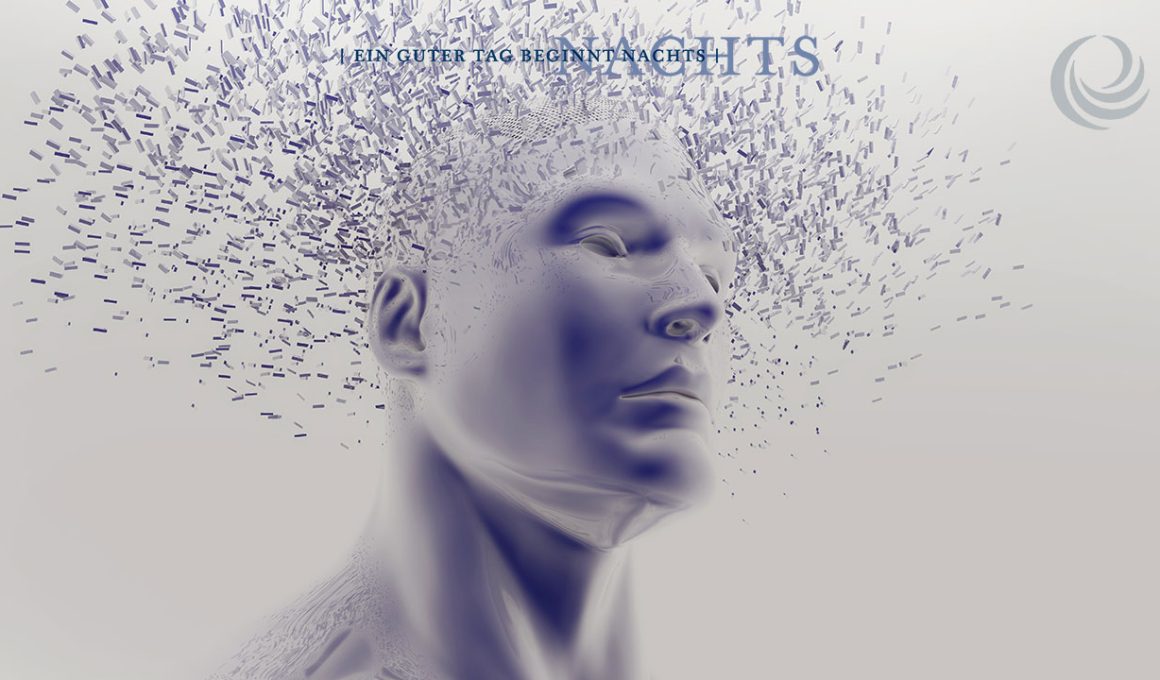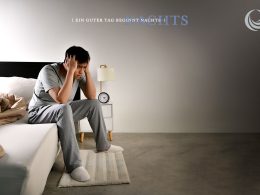A loud bang in the middle of the night, the doorbell or a loud scream. Many people hear these or similar noises when they fall asleep and are understandably startled by them. However, these noises are actually pure imagination. Find out exactly what is behind this phenomenon, also known as exploding head syndrome, here at billerbeck, your sleep experts.
What is exploding head syndrome?
The term exploding head syndrome (EHS) primarily refers to auditory hallucinations. Affected persons perceive loud noises such as explosive bangs, thunderclaps or gunshots, but alarm sirens, doorbells or screams can also occur. These sounds are only heard by the person affected, i.e. they are purely imaginary, and usually occur during the falling asleep phase, sometimes also during sleep or when waking up.
Visual perceptions such as bright flashes can also be seen under certain circumstances. Those affected are often startled by the loud noise and many feel great fear. The heart pounds violently and it is often difficult to fall asleep again so quickly.
As frightening as the explosive acoustic hallucinations may be, they are not painful for the person affected and disappear as quickly as they came.
What are the causes of exploding head syndrome?
This question is not easy to answer. Even with the help of studies, no definitive causes for the nocturnal noise perceptions could be found. It is suspected that stress and fatigue promote the occurrence of exploding head syndrome. However, it is not yet clear exactly what triggers the auditory hallucinations.
Experiences with exploding head syndrome
Exploding head syndrome is a benign sleep disorder – also known as benign parasomnia – and can occur in people of any age and gender. A considerable number of readers of this article probably know exactly what we are writing about and have already experienced acoustic hallucinations themselves.
Exploding head syndrome is characterized by the fact that it usually occurs when falling asleep or waking up. Studies have shown that those affected also often show signs of another sleep disorder – sleep paralysis – although the two phenomena are not related to each other.
How can Exploding Head Syndrome be prevented?
As EHS is not usually caused by a disease and is completely harmless, treatment is not necessary. However, in cases where sleep is noticeably disturbed by the frequent occurrence of EHS and the quality of sleep is negatively affected, we advise those affected to consult a doctor.
Good sleep hygiene is always conducive to restful sleep and can also counteract exploding head syndrome. We therefore recommend regular bedtimes, avoiding alcohol, nicotine and caffeine and eating a light and healthy diet in the evening. A quiet and comfortable atmosphere and temperature should be ensured in the bedroom. Last but not least, the bedding is also crucial for restful sleep, so the mattress, comforter and pillow should always be adapted to your personal needs and the season. Good sleep hygiene is the best way to ensure a comfortable night and a restful sleep.














